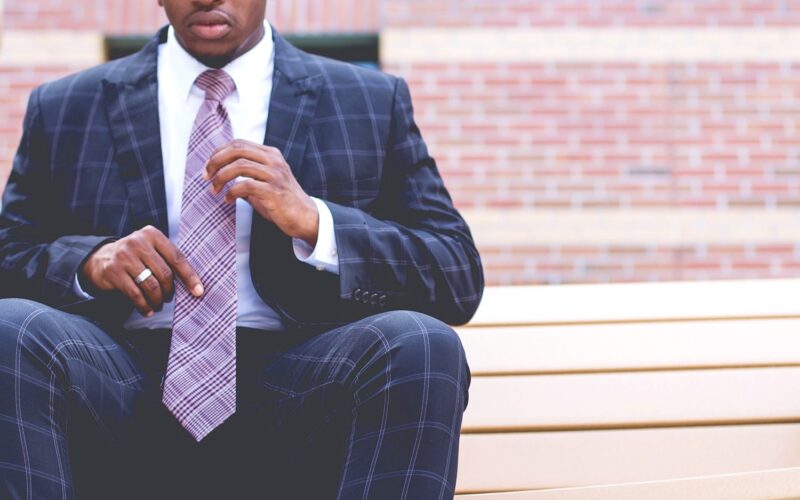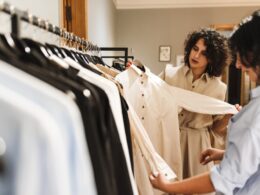How does attire affect our judgments of people? Studies indicate that quick evaluations of an individual’s abilities are influenced by perceived clothing choices. Experimental outcomes highlight the interconnectedness of ability assessments and social status.
Boston, MA (Business Northeast) – When meeting someone for the first time, our common hope is to establish a positive impression, yet, did you realize that before any verbal interaction, others have already internally assessed you? Research has found that people make split-second judgments about a person’s abilities based on how they think they dress. Experts say your clothing may determine how others see you.
A study published by Princeton University in the United States in the journal “Nature Human Behavior” found that clothing is closely related to our judgment of other people’s abilities. People will judge a person’s ability based on a person’s clothing within a few milliseconds. This kind of Even if the behavior is deliberately reminded, it is difficult to avoid it.
The researchers also found that through different upper body clothing, whether T-shirts, sweaters, or other tops, ” wealthier ” subjects were perceived to have higher abilities. But at the same time, researchers also found that because socioeconomic status and economic background will affect the quality of clothing and appearance, clothing disadvantages may lead to a bias in underestimating abilities.
To reduce the impact of clothing on people’s perception of ability, a total of nine experiments were conducted, including giving subjects different lengths of time to view photos, changing clothing from formal to informal, providing subjects’ occupation and income, and asking to ignore The subjects’ clothes or different faces were changed, but regardless of these changes, the results were almost the same. The faces wearing “wealthier” clothes all received higher ability scores.
Clothing does play a significant role in making a first impression. According to another study out of Columbia, Missouri, well-dressed customers will likely receive better service at a restaurant. Servers believe customers who dress more professionally can leave more extensive tips, and men are likelier to tip than women.
As the gap between rich and poor in the United States has worsened since the late 1980s, researchers say experimental results show that our judgments of other people’s abilities are closely related to their social status. People are easily influenced by these cues when they judge others based on meaningful characteristics such as ability, which is difficult to ignore.
How to avoid clothing deviation? Shafir, a professor of psychology at Princeton University, believes that understanding bias is often an excellent first step. When we know bias exists, we can find solutions. For example, recruiting graduate students without interviews, using only written materials, or wearing uniforms can avoid discrimination in judging ability.










